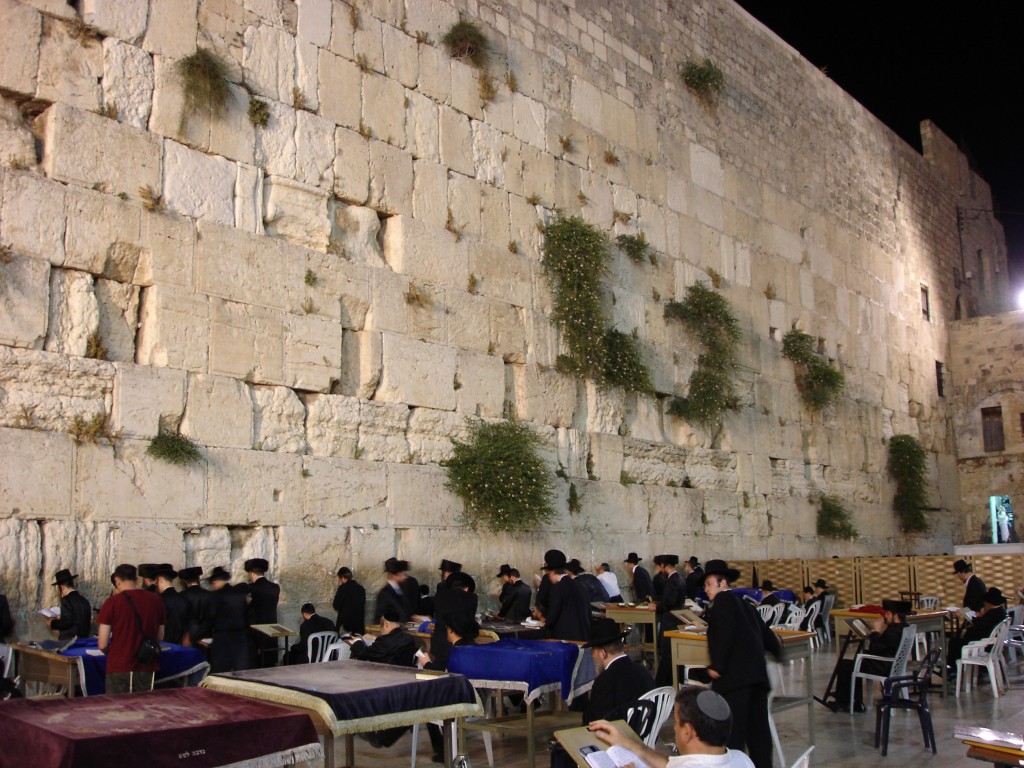Parshas Achrei Mot-Kedoshim & Yom Hatzmaut: Celebrating Israel
This week we’d like to wish a happy 65th birthday to someone near and dear to all our hearts: Israel. Yom Hatzmaut, Israeli Independence Day, fell this week, and although we could not be in Israel to celebrate it with her, we have all celebrated in our hearts.
The land of Israel is special and important to all of us as Jews. It is the land G-d told our forefather Abraham He would give to him and his descendants, us. And indeed He did, after our escape from Egypt and our wanderings in the desert. But unfortunately, Israel did not remain in Jewish hands for long. We were exiled from our homeland and scattered across the world.
Today, we have returned to the land of Israel. This tiny sliver of a country – just the size of New Jersey in the United States – is the place we have to call home. No matter what may happen to us in other parts of the world, Israel will always welcome us with open arms into her motherly hug.
We Jews have a special relationship with the land. We turn to face it when we pray and every time we pray, we remember how we long to return there. And indeed, Jews began returning to the land of Israel since just a century after the destruction of the Second Temple. Now, with the establishment of the State of Israel, it has become safer to return than ever before, and Jews have been flocking there by the hundreds of thousands.
 In this week’s parsha, G-d prepares the Jewish people to enter the land of Israel. He admonishes the Jews not to behave like the Egyptians (who raised them) or like the Canaanites (who then inhabited the land of Israel). Instead, G-d expects the Jewish people to behave and act differently, better. He provides a guide for proper social interaction in the form of His Torah. By juxtaposing this commandment with commandments against things like bestiality, improper relationships, and idol worship, G-d is highlighting the differences between the Jews and the outside world.
In this week’s parsha, G-d prepares the Jewish people to enter the land of Israel. He admonishes the Jews not to behave like the Egyptians (who raised them) or like the Canaanites (who then inhabited the land of Israel). Instead, G-d expects the Jewish people to behave and act differently, better. He provides a guide for proper social interaction in the form of His Torah. By juxtaposing this commandment with commandments against things like bestiality, improper relationships, and idol worship, G-d is highlighting the differences between the Jews and the outside world.
In today’s society, unfortunately, not much has changed from the Egyptian and Canaanite societies of old. Instead of idols we worship money, and improper relationships are flaunted or even encouraged. It is our job as Jews to stand out and behave differently. Each and every one of us can be a light unto the world.
Shabbat shalom!
Read more on Parshas Kedoshim
Read more on What to Say to a Jewish Mourner on Yom Ha’atzmaut
Read More










